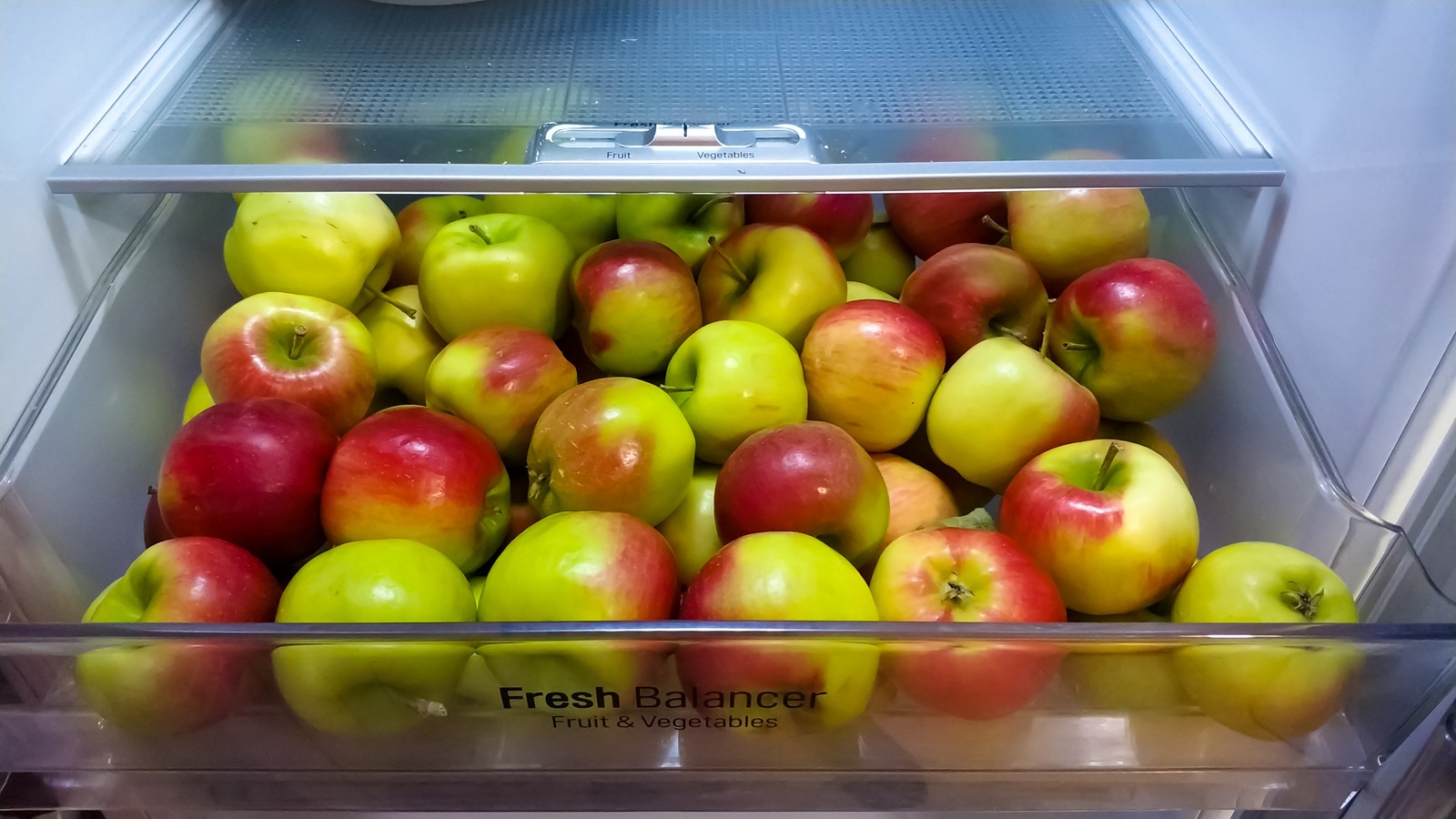

Articles
How Long Do Apples Last In The Refrigerator
Modified: November 2, 2024
Discover helpful articles on how long apples last in the refrigerator. Find out storage tips and learn how to keep apples fresh for longer.
(Many of the links in this article redirect to a specific reviewed product. Your purchase of these products through affiliate links helps to generate commission for Storables.com, at no extra cost. Learn more)
Introduction
Apples are a delicious and versatile fruit that can be enjoyed in a variety of ways. Whether you like them crisp, sweet, or tart, apples are a popular choice for snacking, baking, and cooking. However, when it comes to storing apples, you may find yourself wondering how long they can last in the refrigerator.
The shelf life of apples can vary depending on several factors, such as the variety of the apple, its ripeness when purchased, and how it is stored. By understanding the factors that can affect apple shelf life and following some simple storage recommendations, you can ensure that your apples stay fresh and tasty for as long as possible.
In this article, we will explore the factors that can affect the shelf life of apples, recommended storage conditions, how to store apples in the refrigerator properly, signs of spoilage to look out for, tips for extending the shelf life of apples, and answer some frequently asked questions about apple storage.
So, if you’re ready to learn how to keep your apples fresh and delicious, let’s dive in!
Key Takeaways:
- Proper refrigeration, individual wrapping, and separation from other fruits are key to extending the shelf life of apples and maintaining their crispness and flavor.
- Regularly inspect stored apples for spoilage signs, such as mold, soft texture, off odors, discoloration, and lack of crispness, to prevent the spread of spoilage and maintain quality.
Factors Affecting Apple Shelf Life
Several factors can influence how long apples will last in the refrigerator. These factors can determine whether your apples stay fresh and crispy or start to deteriorate more quickly. Let’s take a closer look at some of the key factors affecting apple shelf life:
- Apple Variety: Different apple varieties have different shelf lives. Some varieties, like Granny Smith or Pink Lady, are known for their longer shelf life, while others, like McIntosh or Honeycrisp, may not last as long. When purchasing apples, it’s essential to consider the variety and its expected shelf life.
- Ripeness: The ripeness of the apple at the time of purchase can impact its shelf life. Apples that are slightly underripe tend to last longer than fully ripe or overripe ones. Therefore, if you plan to store your apples for an extended period, it’s best to choose apples that are not overly ripe when purchasing them.
- Temperature: The temperature at which apples are stored plays a significant role in their shelf life. Apples should be stored at a cool temperature, ideally between 32°F (0°C) and 40°F (4°C), which is the temperature range typically found in a refrigerator. Storing apples at higher temperatures can accelerate the ripening process and lead to quicker spoilage.
- Humidity: Apples prefer a moderate level of humidity. Too much humidity can cause apples to become soft and mushy, while low humidity can cause them to become dehydrated. Ideally, the humidity level in the refrigerator should be between 90% and 95% to maintain the freshness of the apples.
- Damage: Apples with any bruising, cuts, or punctures are more susceptible to spoilage. These damaged areas can provide an entry point for bacteria and mold, leading to faster deterioration. It’s essential to handle apples with care and avoid storing damaged apples with the rest of the batch.
- Proximity to Other Fruits: Certain fruits, such as bananas, pears, or melons, produce ethylene gas, a natural ripening agent that can speed up the ripening and spoilage of nearby apples. To prolong the shelf life of your apples, it’s best to store them away from other fruits that release ethylene gas.
By considering these factors and taking proper precautions, you can significantly extend the shelf life of your apples and enjoy them at their best for a more extended period.
Recommended Storage Conditions
To maximize the shelf life of your apples, it’s important to store them in optimal conditions. Here are some recommended storage conditions to keep your apples fresh and flavorful:
- Refrigeration: Apples should be stored in the refrigerator to help prolong their freshness. The cool temperature of the refrigerator helps slow down the ripening process and inhibits bacterial growth. Make sure to store them in the main compartment of the refrigerator, away from the door or any areas where the temperature may fluctuate.
- Bag Storage: Place your apples in a plastic or breathable produce bag before storing them in the refrigerator. This helps to maintain their moisture balance and prevents them from getting dehydrated. If using a plastic bag, make sure to poke a few small holes to allow for airflow.
- Separate Storage: Keep apples separate from other fruits and vegetables in the refrigerator. Certain fruits, as mentioned earlier, release ethylene gas that can speed up the ripening process of apples. To prevent premature spoiling, store apples in their own compartment or in a separate crisp drawer.
- Hygiene: Before storing your apples, make sure they are clean and free from any dirt or debris. It’s also a good practice to inspect them for any signs of damage or spoilage. By maintaining good hygiene and handling practices, you can reduce the risk of contamination and preserve the quality of your apples.
By following these recommended storage conditions, you can ensure that your apples stay fresh, crispy, and full of flavor for a longer period. Now let’s move on to how to store apples in the refrigerator properly.
How to Store Apples in the Refrigerator Properly
Storing apples in the refrigerator properly is essential to maintain their freshness and extend their shelf life. Follow these steps to store your apples in the refrigerator:
- Sort and Inspect: Before storing your apples, sort through them and remove any damaged or spoiled ones. Inspect each apple for bruises, cuts, or soft spots, as these areas can lead to faster spoilage.
- Wrap Individually: Individually wrap each apple in a paper towel or place them in individual plastic or produce bags. Wrapping them helps to prevent the spread of ethylene gas and protects them from excess moisture in the refrigerator.
- Choose the Right Storage Container: Select a clean and airtight container for storing your wrapped apples. Glass or plastic containers with lids work well for this purpose. Make sure the container is large enough to hold all the apples without squishing or overcrowding them.
- Label and Date: It’s a good practice to label the storage container with the date of storage. This will help you keep track of the freshness of your apples and ensure that you consume the oldest ones first.
- Store in the Main Compartment: Place the container of wrapped apples in the main compartment of the refrigerator, away from the door. This area maintains a more consistent temperature, minimizing temperature fluctuations that can hasten spoilage.
- Check and Rotate: Regularly check the stored apples for any signs of spoilage. As apples naturally release some ethylene gas, it’s important to remove any overripe or spoiling apples to prevent them from affecting the others. Rotate the container periodically to ensure even air circulation and avoid any potential condensation buildup.
By following these steps and storing your apples properly in the refrigerator, you can prolong their shelf life and enjoy fresh, crisp apples for an extended period of time.
Now that you know how to store your apples, let’s discuss the signs of spoilage to look out for.
To extend the shelf life of apples in the refrigerator, store them in a plastic bag with holes to maintain humidity and prevent them from absorbing odors.
Signs of Spoilage in Refrigerated Apples
While refrigerating apples can help extend their shelf life, it’s important to keep an eye out for signs of spoilage. Here are some common signs that indicate your refrigerated apples may be spoiling:
- Mold or Fungus: If you notice any fuzzy spots, patches of discoloration, or mold growth on the surface of the apple, it is a clear indication of spoilage. Mold can quickly spread and affect the other apples in close proximity, so it’s crucial to remove any spoiled apples immediately.
- Soft or Mushy Texture: Apples that have gone bad will often feel soft or mushy to the touch. This is an indication that the flesh is breaking down and the apple is no longer fresh and crisp. Discard any apples with a noticeably soft texture.
- Off Odor: Spoiled apples may emit an unpleasant or off odor. If you notice any strong, pungent, or foul smell coming from your refrigerated apples, it’s a sign that they have started to spoil and should be discarded.
- Brown or Discolored Flesh: Cut open the apple to inspect the flesh. If it appears brown or discolored, it is an indication of decay. Healthy apples have a vibrant, white flesh color, so any noticeable discoloration suggests spoilage.
- Lack of Crispness: Apples that have lost their crispness and become mealy or rubbery are likely past their prime. If you bite into an apple and it lacks the desirable texture and crunch, it’s a sign that it is no longer fresh.
If you come across any of these signs of spoilage in your refrigerated apples, it’s best to discard them to avoid consuming spoiled fruit. Removing spoiled apples promptly will also help prevent the spread of bacteria or mold to other apples in the refrigerator.
Now that you know how to identify spoiled apples, let’s move on to some tips for extending the shelf life of your apples.
Read more: How Long Do Carrots Last In The Refrigerator
Tips for Extending the Shelf Life of Apples
To make the most out of your apple storage and keep them fresh for as long as possible, here are some helpful tips for extending their shelf life:
- Choose the Right Apples: Select apple varieties known for their longer shelf life, such as Granny Smith, Pink Lady, or Fuji. These varieties tend to have a firmer texture and can last longer when stored properly.
- Store Unripe Apples Separately: If you have a mix of ripe and unripe apples, it’s best to store them separately. Ripe apples release more ethylene gas, which can speed up the ripening process of unripe apples, potentially leading to faster spoilage.
- Avoid Washing Before Storage: It’s best to avoid washing apples before storing them. Moisture can promote the growth of mold and bacteria. Instead, rinse them just before consuming to remove any dirt or debris.
- Store Apples Away from Strong Odors: Apples can absorb odors from other strong-smelling foods in the refrigerator. To prevent flavor transfer, store your apples away from foods with strong odors, such as onions, garlic, or strong cheeses.
- Avoid Overcrowding: Overcrowding the refrigerator storage container can lead to bruising and increased moisture buildup. Make sure to leave enough space between the apples for air to circulate properly.
- Consume the Most Perishable First: If you have apples of different varieties or different degrees of ripeness, consume the most perishable ones first. This way, you can enjoy the apples at their peak freshness and minimize any potential waste or spoilage.
- Consider Freezing: If you have an abundance of apples and want to extend their shelf life even further, consider freezing them. Peel, core, and slice the apples, then place them in an airtight container or freezer bag. Frozen apples can be used in baked goods or smoothies.
By following these tips, you can help to extend the shelf life of your apples and reduce waste, ensuring you have fresh and delicious apples when you’re ready to enjoy them.
Now let’s address some frequently asked questions about storing apples in the refrigerator.
Frequently Asked Questions (FAQs)
Here are some frequently asked questions about storing apples in the refrigerator:
- Can I store apples at room temperature instead of in the refrigerator?
- How long do refrigerated apples typically last?
- Can I store apples in a fruit bowl on the countertop?
- Can I store cut apples in the refrigerator?
- Are there any special considerations for storing organic apples?
While apples can be stored at room temperature for a short period, they will generally last longer when refrigerated. Refrigeration helps to slow down the ripening process and extend their shelf life.
The shelf life of refrigerated apples can vary depending on the variety and storage conditions. On average, refrigerated apples can last for 4 to 8 weeks. However, some apple varieties with a longer shelf life can last for several months.
While a fruit bowl on the countertop can be aesthetically appealing, it is not the ideal storage method for apples. Room temperature storage can cause apples to ripen and spoil more quickly compared to refrigeration.
Yes, you can store cut apples in the refrigerator. To prevent browning, squeeze some lemon juice over the cut surfaces or submerge the sliced apples in a solution of water and lemon juice. Place them in an airtight container or wrap them in cling film before refrigerating.
The storage guidelines for organic apples are similar to conventional apples. However, organic apples tend to have a shorter shelf life due to the absence of synthetic preservatives. It’s important to check the quality and freshness of organic apples more frequently.
If you have any more questions or concerns about storing apples in the refrigerator, it’s always best to refer to specific storage recommendations provided by the apple grower or consult with a knowledgeable source.
Now let’s wrap up this article.
Conclusion
Proper storage of apples in the refrigerator is essential to prolong their shelf life and maintain their freshness. By considering factors such as apple variety, ripeness, temperature, humidity, and damage, you can optimize the conditions for storing your apples and maximize their longevity.
Remember to follow the recommended storage conditions by refrigerating your apples, wrapping them individually, choosing the right storage containers, and keeping them separate from other fruits. By doing so, you can prevent premature spoilage and ensure that your apples stay crisp and flavorful for an extended period.
It’s important to be aware of the signs of spoilage in refrigerated apples, such as mold, soft texture, off odors, discoloration, and lack of crispness. Regularly inspect your stored apples and remove any spoiled ones to prevent the spread of mold and maintain the quality of the remaining apples.
To further extend the shelf life of your apples, follow some helpful tips like choosing the right apples, storing unripe apples separately, avoiding washing before storage, keeping them away from strong odors, and avoiding overcrowding the refrigerator storage container.
Lastly, we addressed some frequently asked questions about storing apples in the refrigerator, providing clarification on topics such as storing apples at room temperature, the typical lifespan of refrigerated apples, storing cut apples, and special considerations for organic apples.
By implementing these recommendations and guidelines, you can enjoy fresh, delicious apples for a longer period, reducing waste and maximizing your enjoyment of this versatile fruit.
So, the next time you have a batch of apples to store, remember to follow the right storage practices and savor their flavor and crispness for as long as possible.
Frequently Asked Questions about How Long Do Apples Last In The Refrigerator
Was this page helpful?
At Storables.com, we guarantee accurate and reliable information. Our content, validated by Expert Board Contributors, is crafted following stringent Editorial Policies. We're committed to providing you with well-researched, expert-backed insights for all your informational needs.

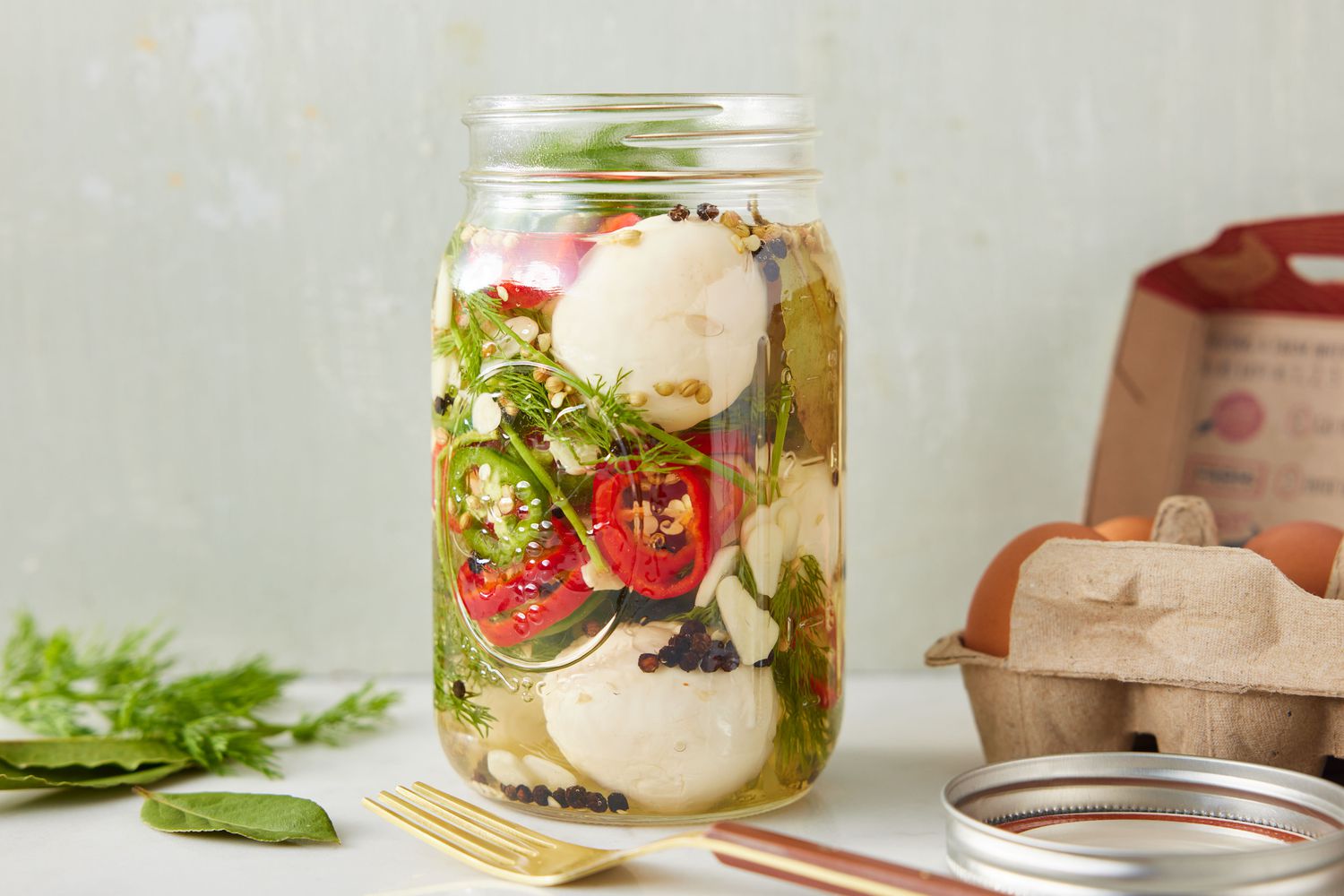
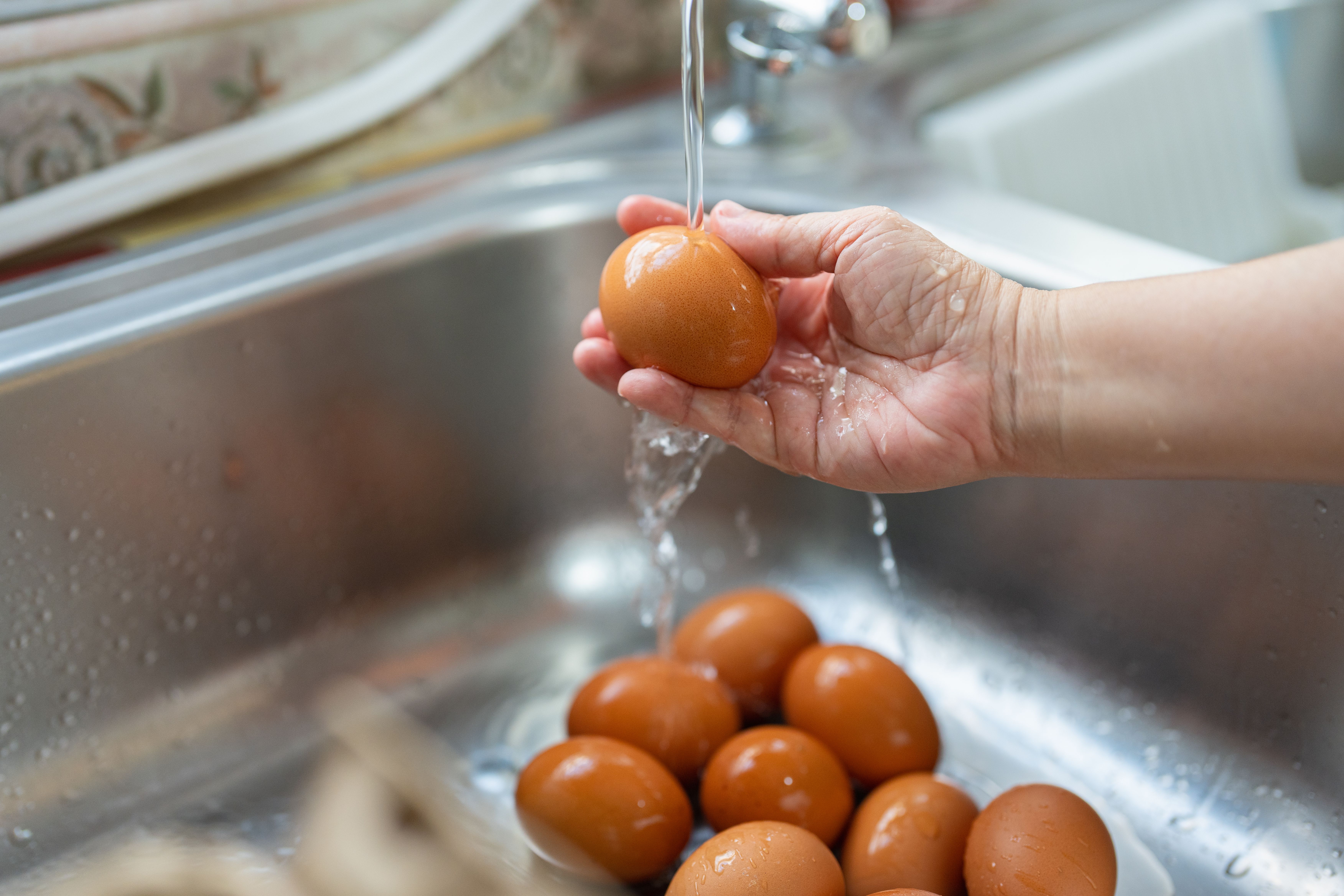

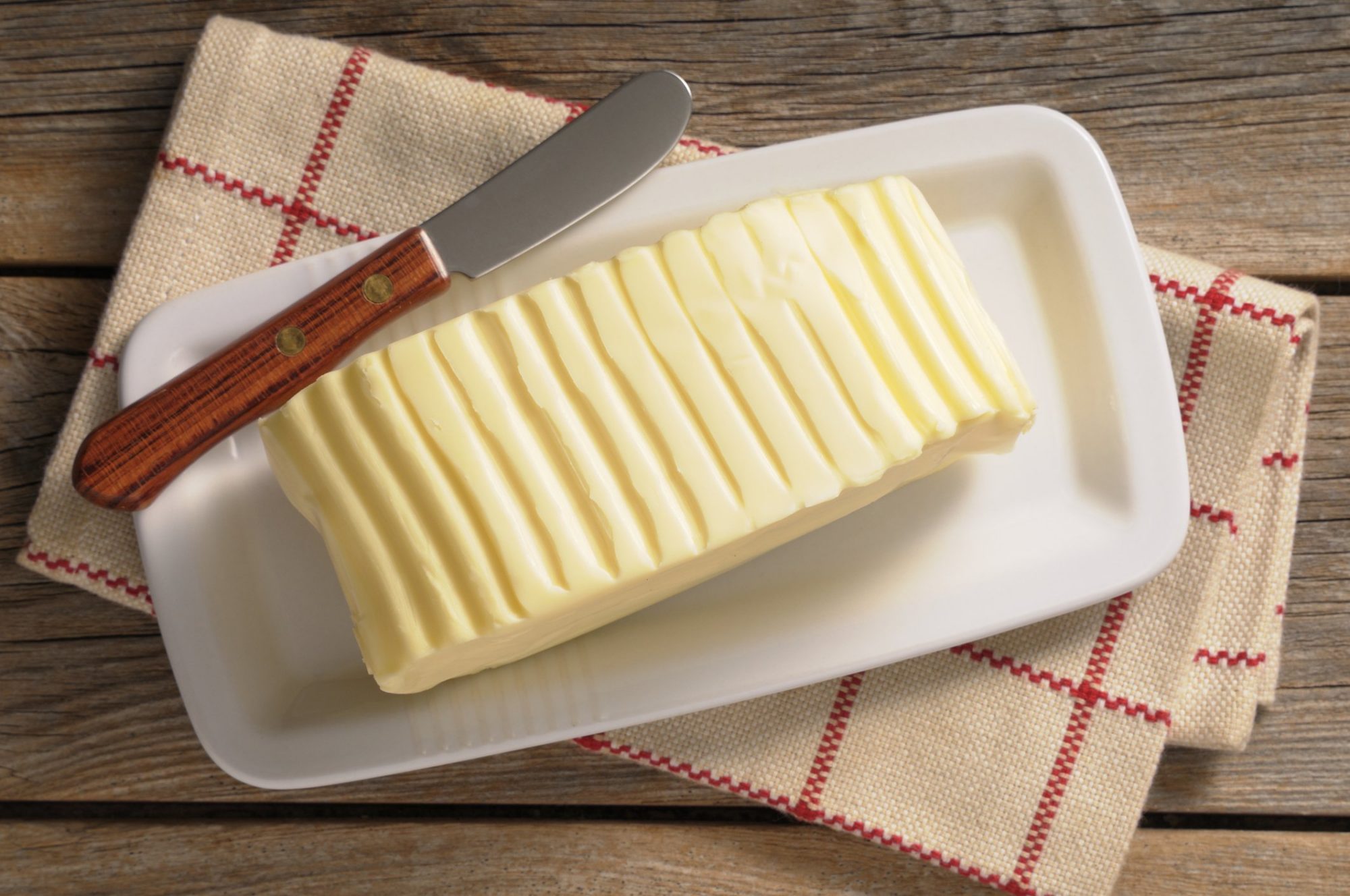
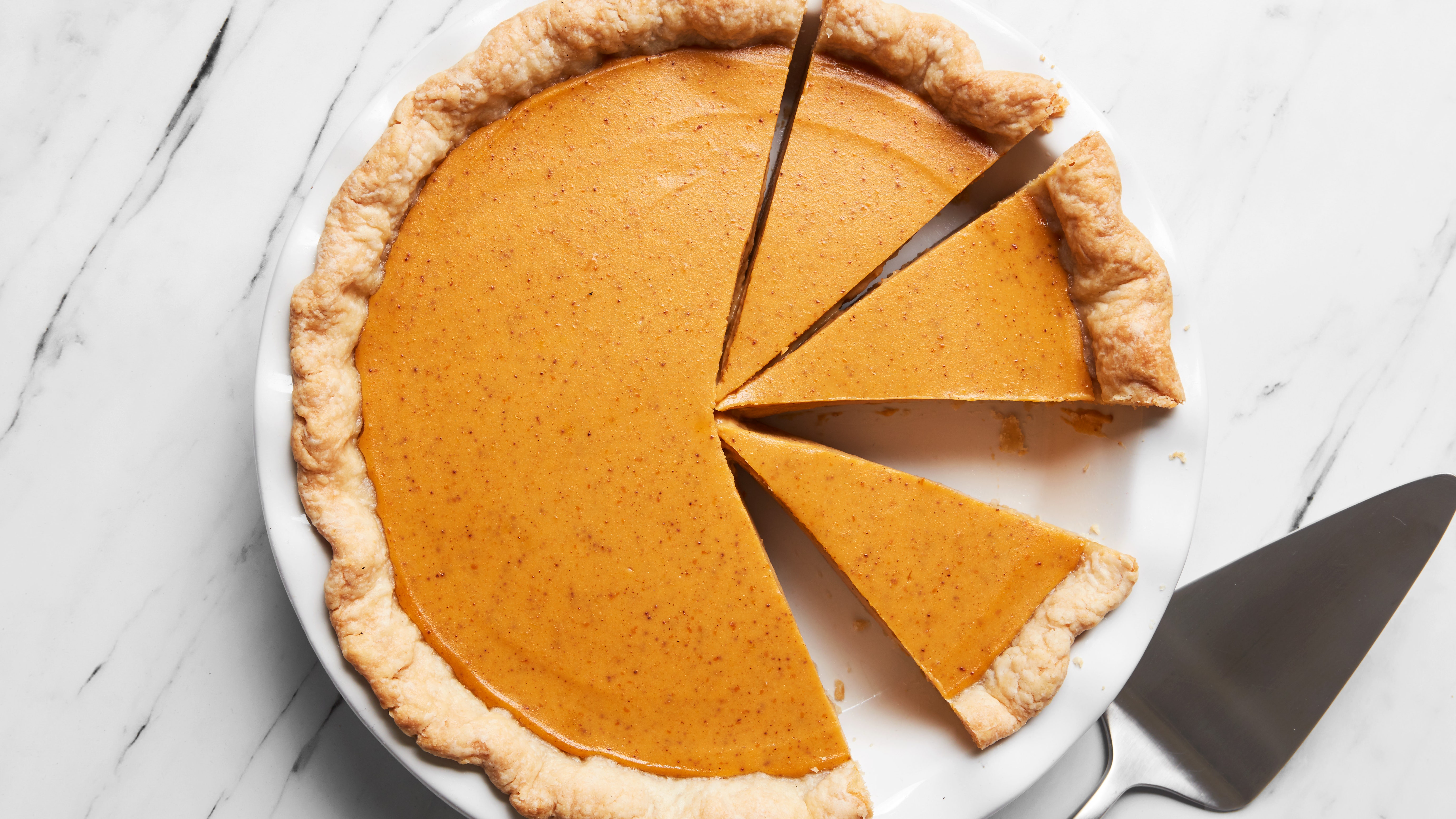
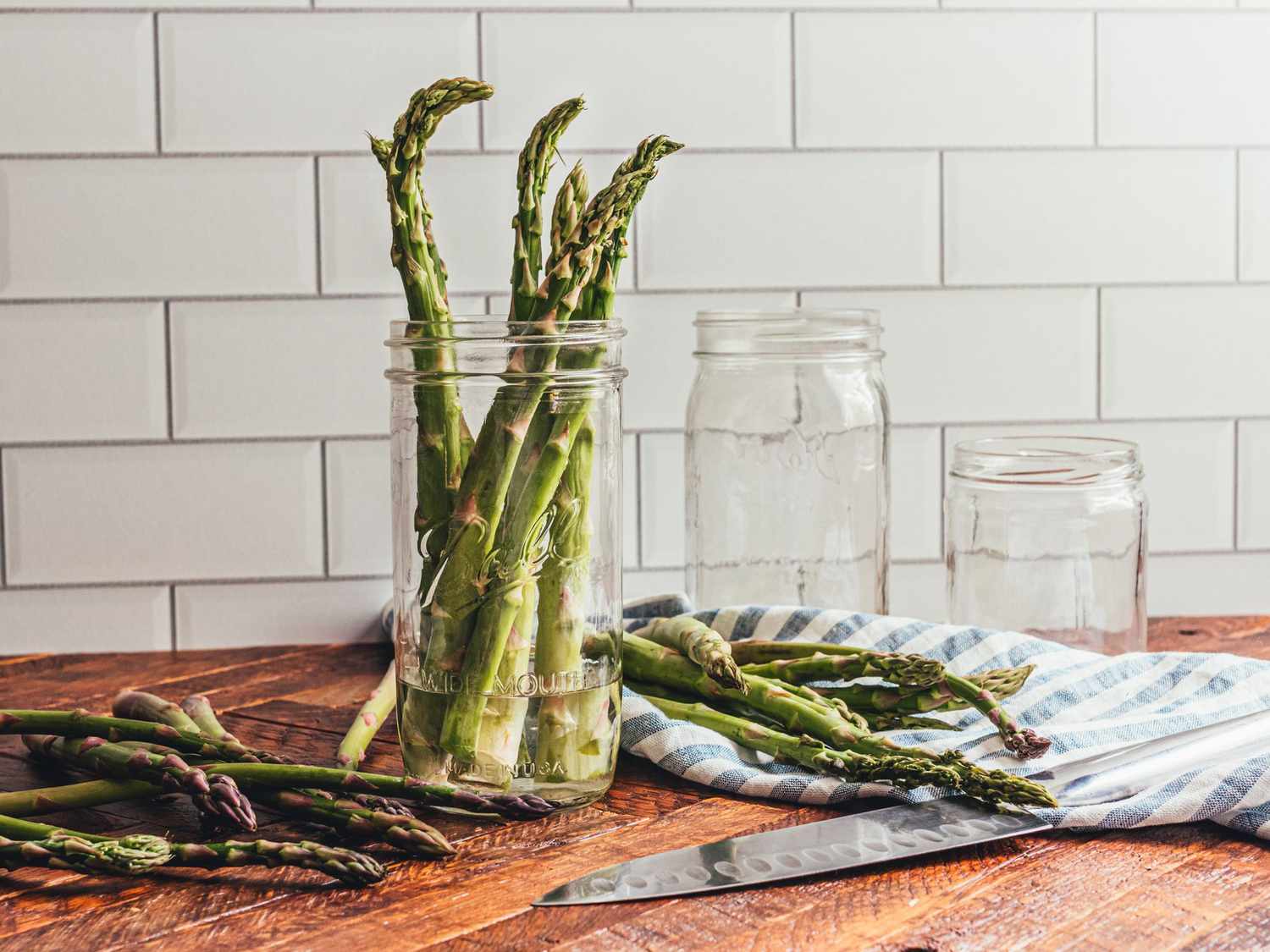
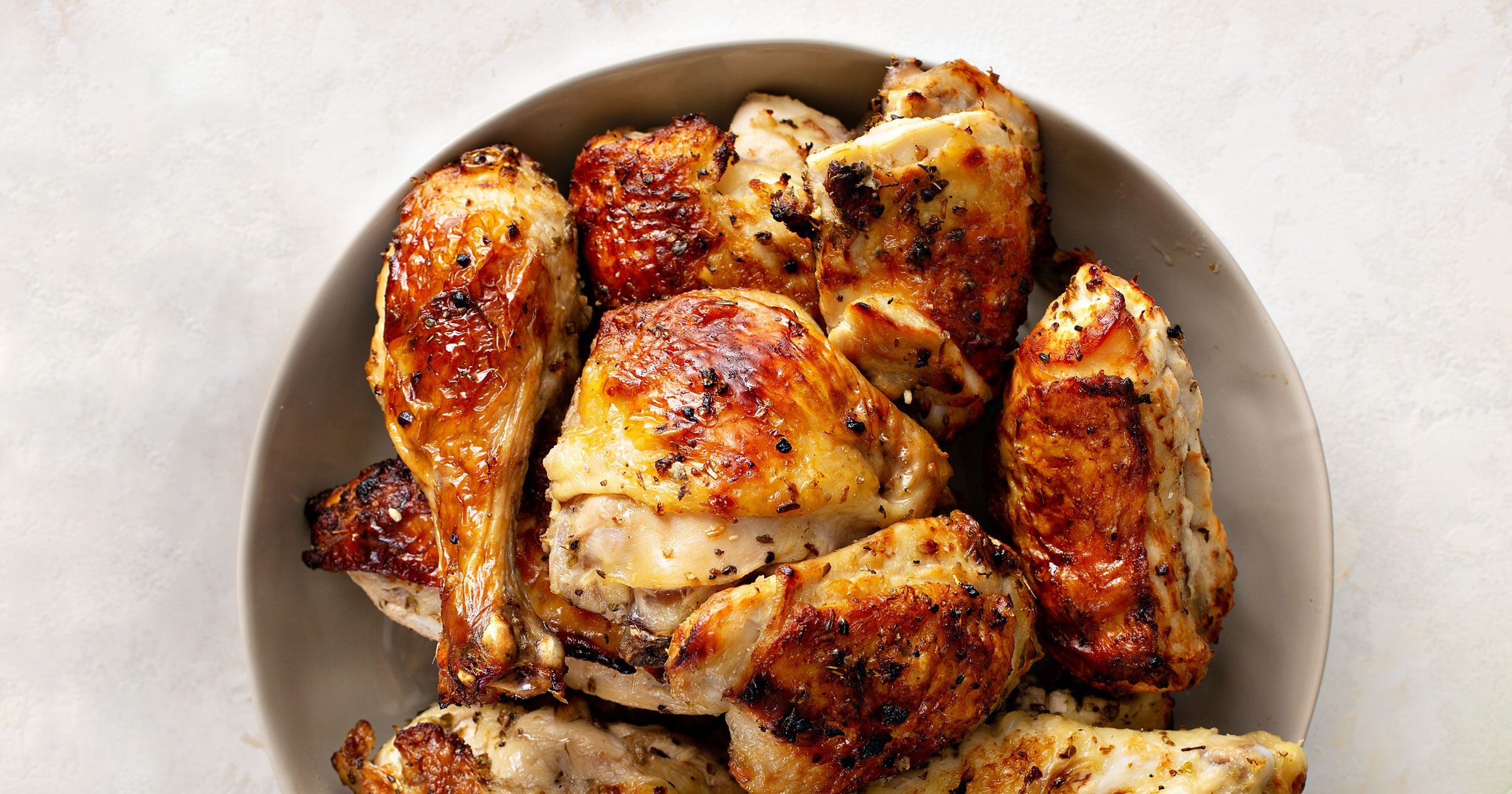
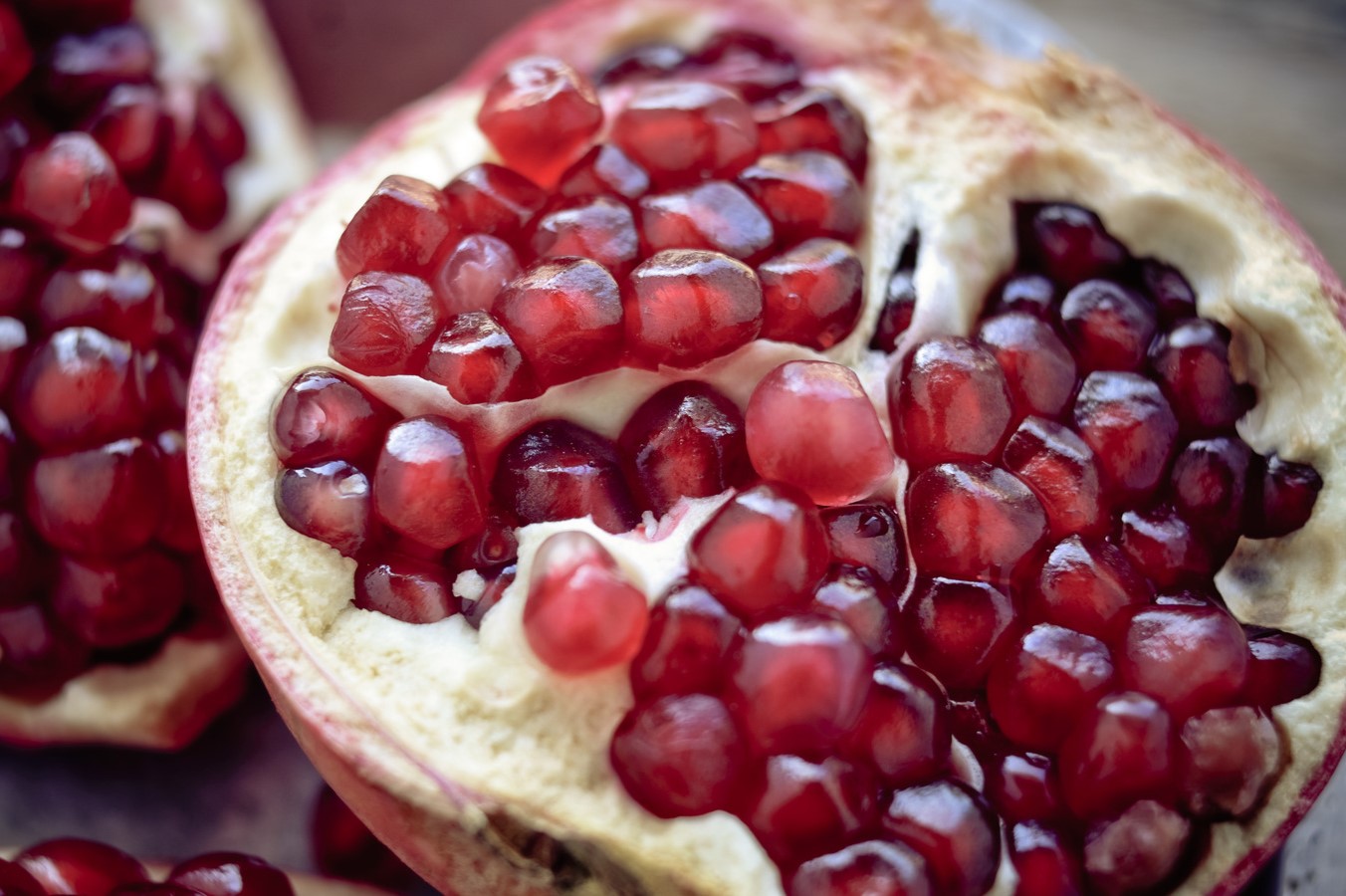
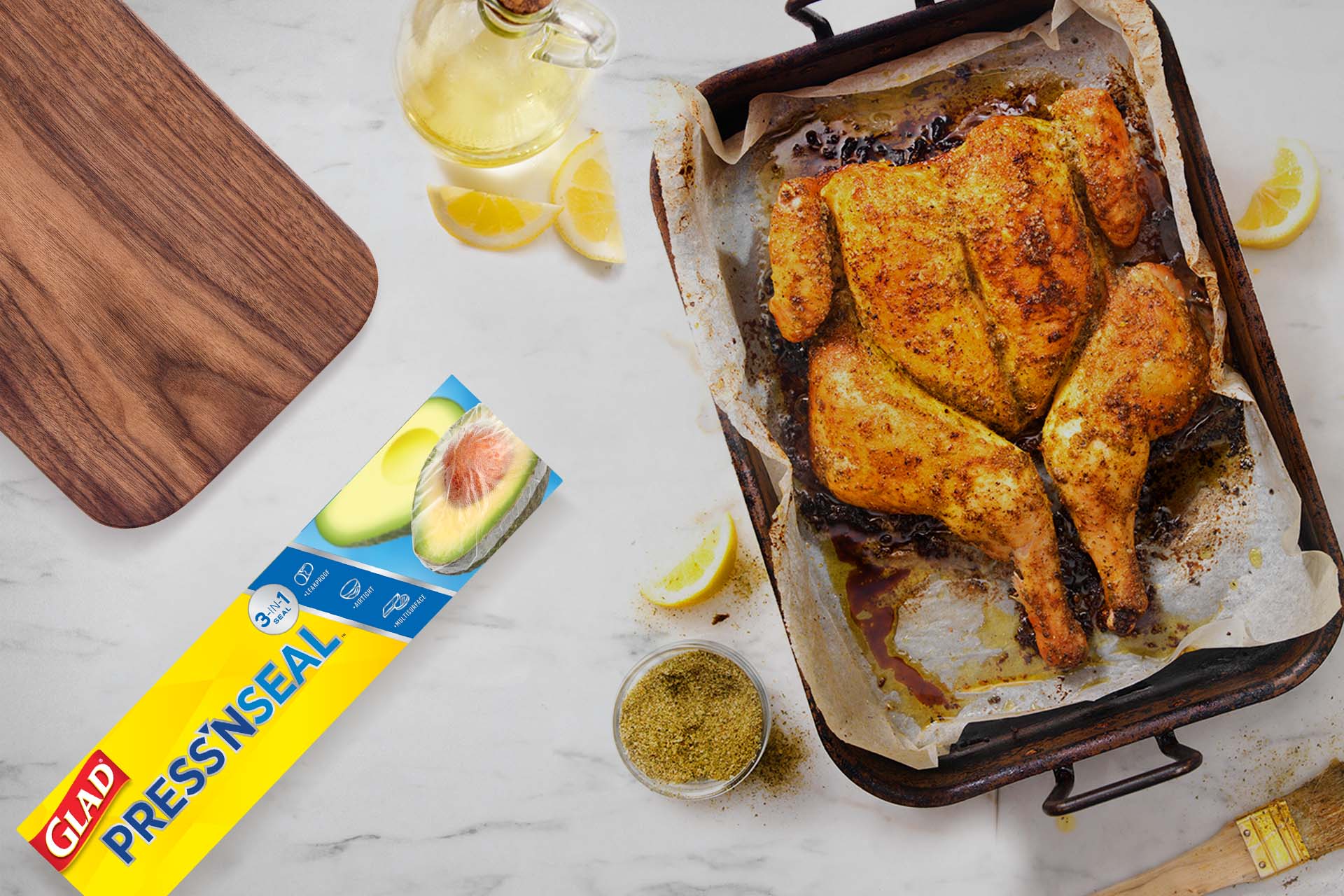
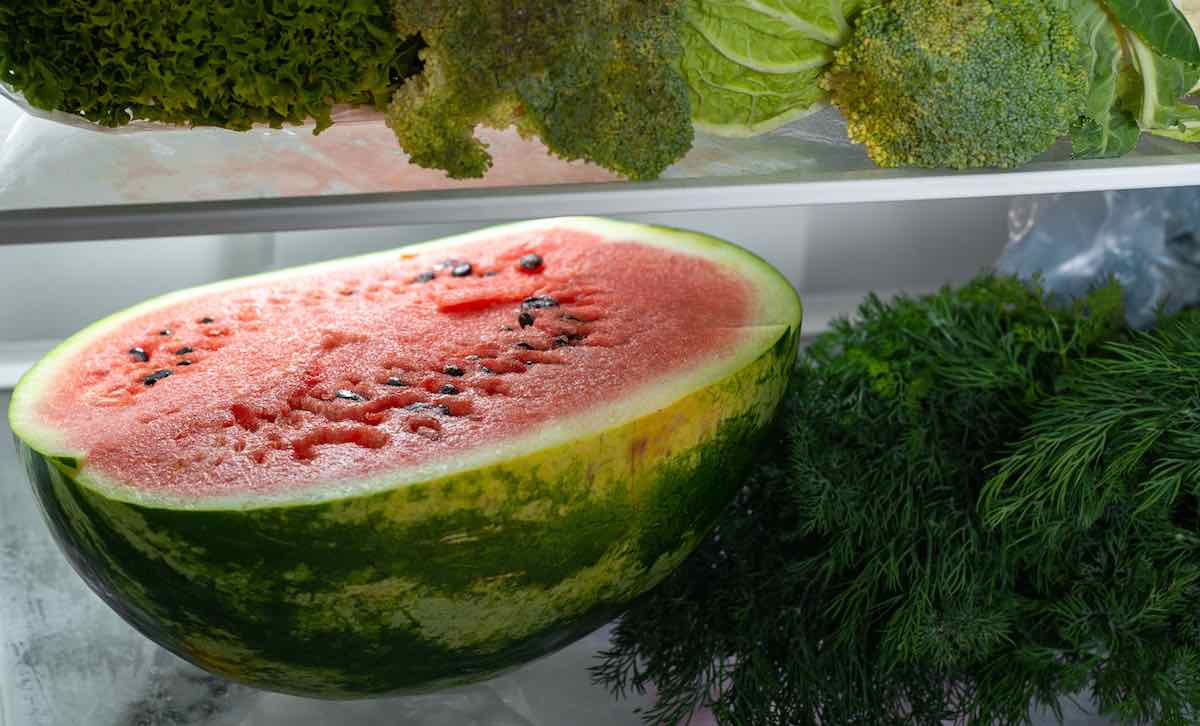
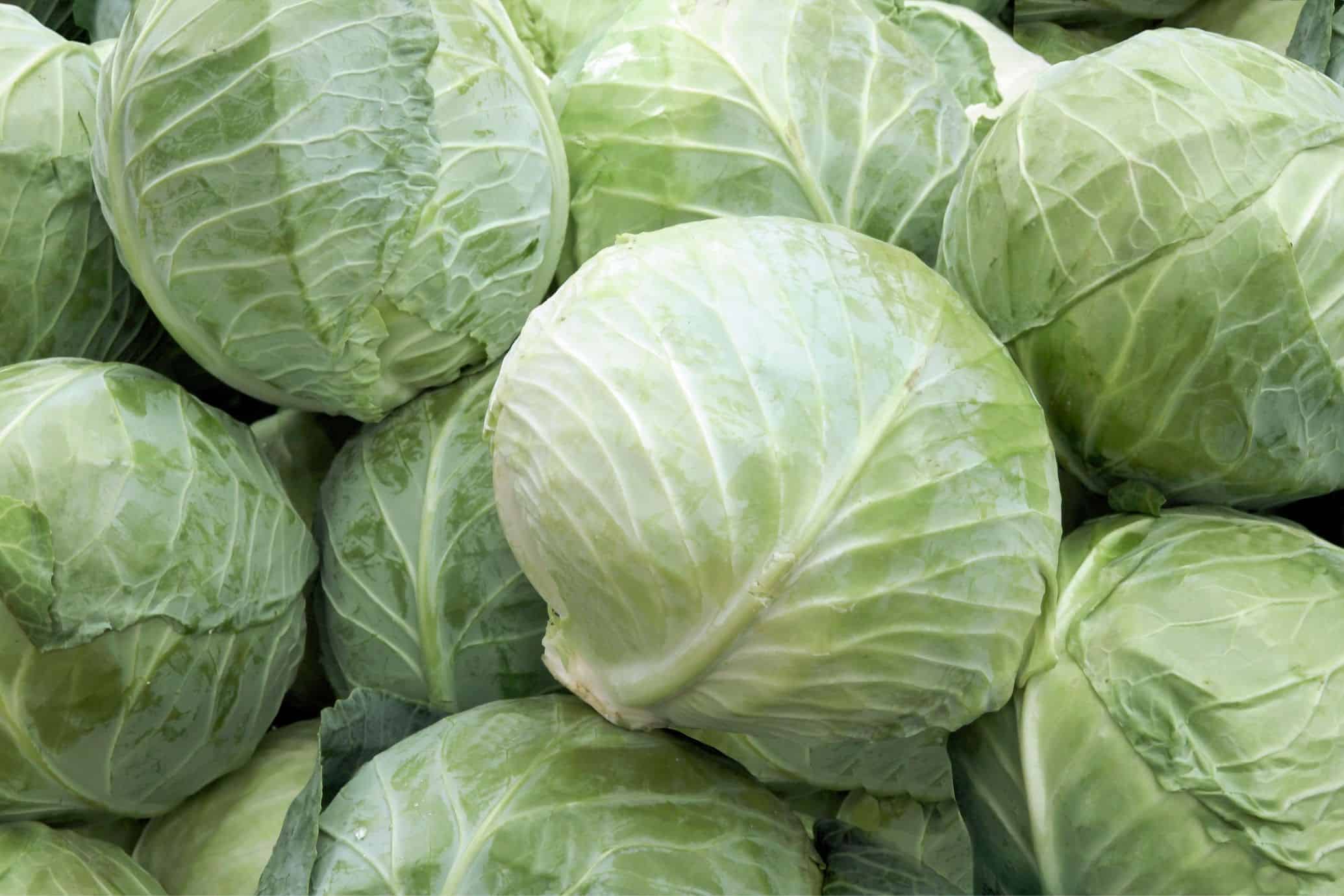
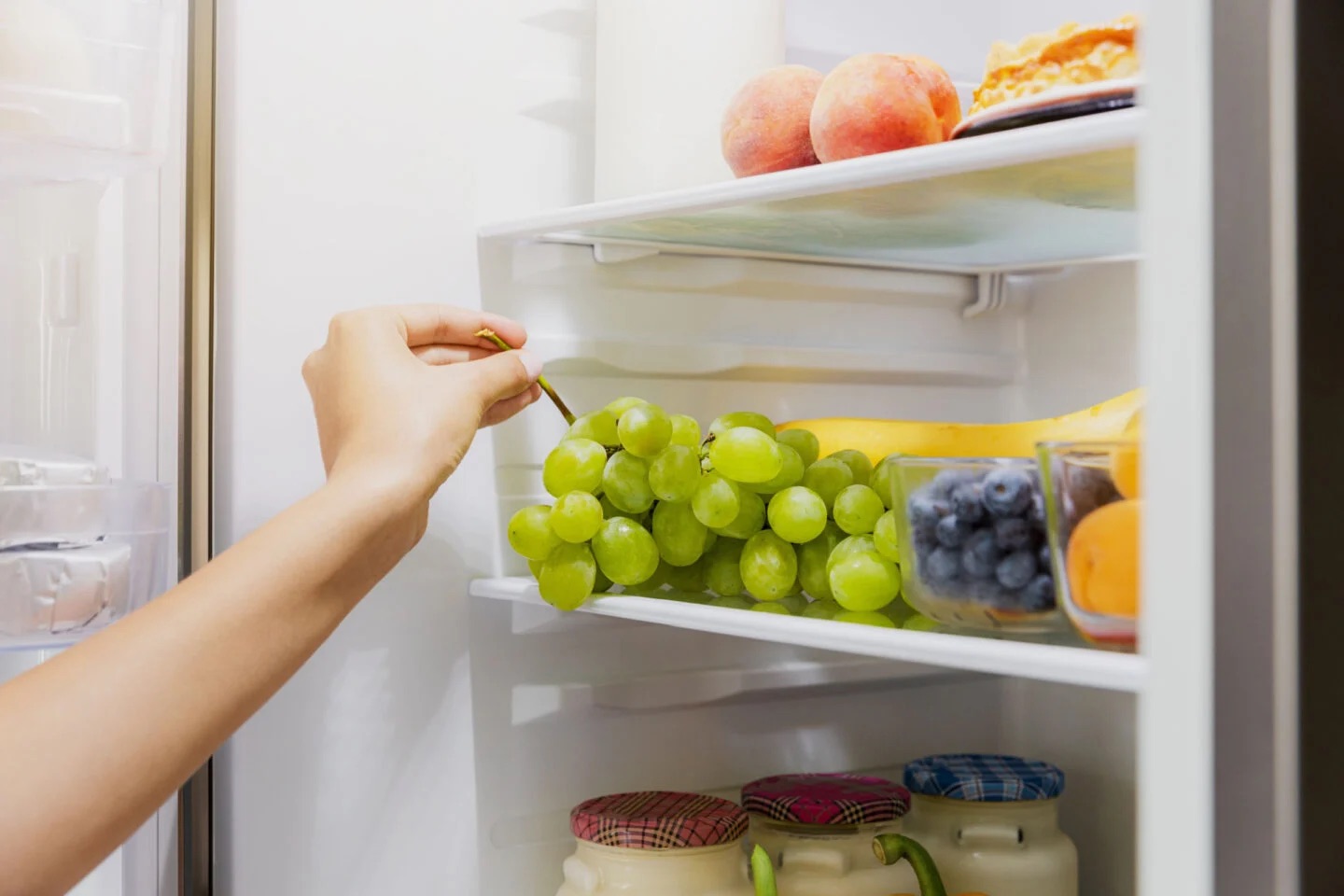
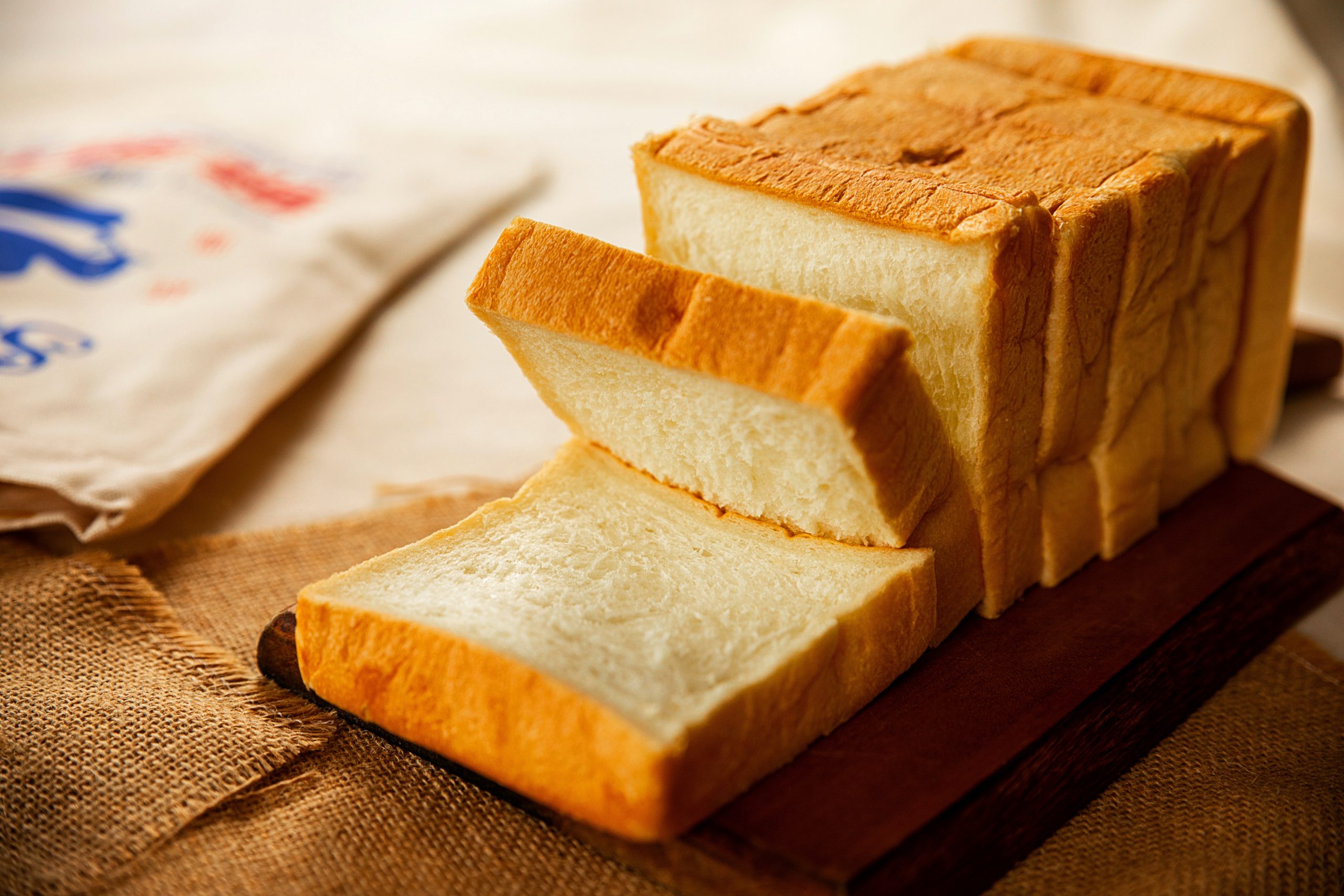

0 thoughts on “How Long Do Apples Last In The Refrigerator”